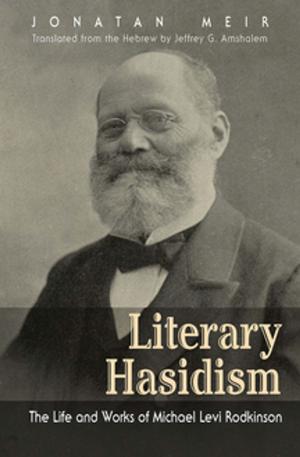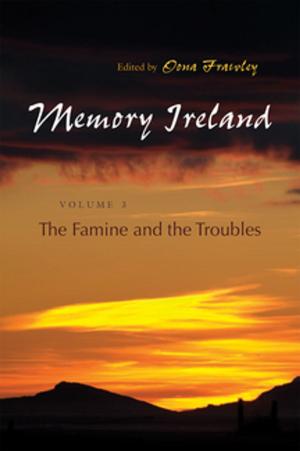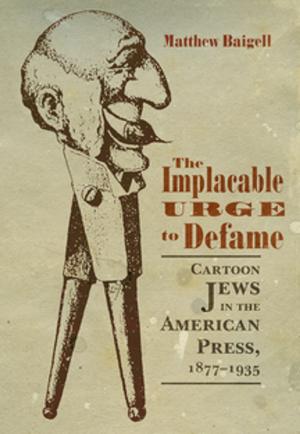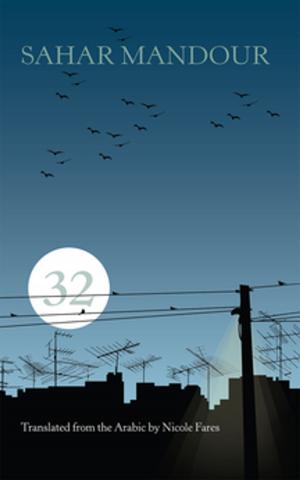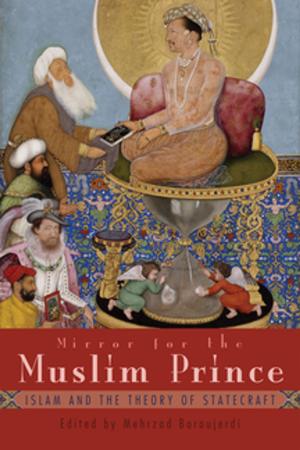| Author: | David Ehrlich | ISBN: | 9780815652243 |
| Publisher: | Syracuse University Press | Publication: | July 2, 2013 |
| Imprint: | Syracuse University Press | Language: | English |
| Author: | David Ehrlich |
| ISBN: | 9780815652243 |
| Publisher: | Syracuse University Press |
| Publication: | July 2, 2013 |
| Imprint: | Syracuse University Press |
| Language: | English |
"Who Will Die Last?" is a collection of David Ehrlich’s short stories originally written in Hebrew and each translated by a different person. The translators are writers, teachers, activists, doctors, or rabbis, and they all bring a unique voice to stories of life and the search for meaning within it. Ehrlich’s characters are quirky and uncomfortable in themselves, yet they are incredibly honest and worthy of the reader’s time and empathy. In "It’s All Right," for instance, the character struggles with hiding his homosexuality from his parents, who are coming for an unexpected visit from Israel. "Three times I move the flowers, trying to give my hovel the appearance of a home. The pink carnations look a little confused." Hidden homosexuality is a theme within the stories, and in this way becomes a metaphor for the many ways in which we all feel different from others and ashamed of this difference. Yet despite the odd characters living in distant or unlikely places, these stories of the struggle to belong show the humor and pathos of the shared human condition.
"Who Will Die Last?" is a collection of David Ehrlich’s short stories originally written in Hebrew and each translated by a different person. The translators are writers, teachers, activists, doctors, or rabbis, and they all bring a unique voice to stories of life and the search for meaning within it. Ehrlich’s characters are quirky and uncomfortable in themselves, yet they are incredibly honest and worthy of the reader’s time and empathy. In "It’s All Right," for instance, the character struggles with hiding his homosexuality from his parents, who are coming for an unexpected visit from Israel. "Three times I move the flowers, trying to give my hovel the appearance of a home. The pink carnations look a little confused." Hidden homosexuality is a theme within the stories, and in this way becomes a metaphor for the many ways in which we all feel different from others and ashamed of this difference. Yet despite the odd characters living in distant or unlikely places, these stories of the struggle to belong show the humor and pathos of the shared human condition.


